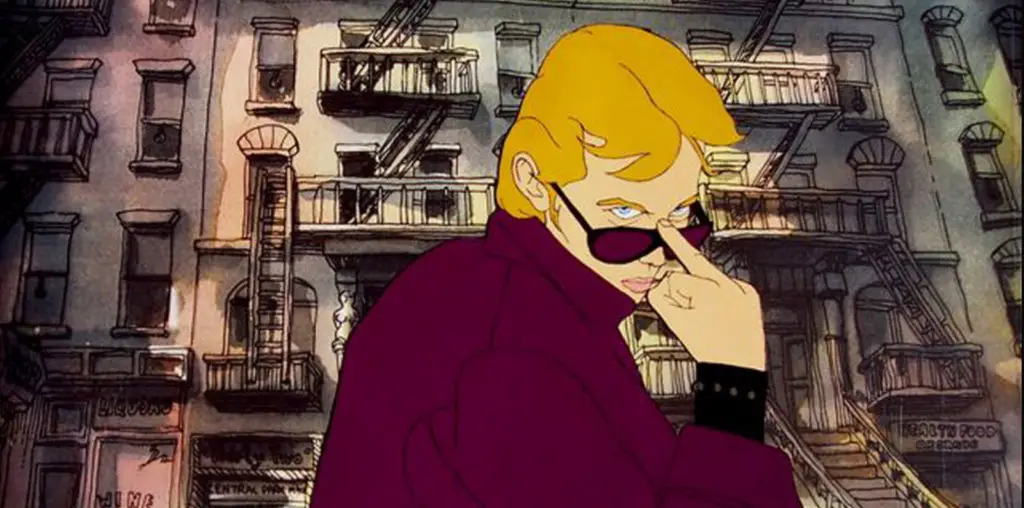
“Staggering” is really the best way to describe Jennifer Baichwal’s documentary, “Manufactured Landscapes.” For the first five minutes or so there’s no dialogue at all, just a steady pan through a huge Chinese factory, yellow uniformed workers clustered around assembly lines. Then photographer Edward Burtynsky’s voiceover kicks in, describing his attempts to catalog “the landscape of industry.” All the while, the same camera continues relentlessly on, capturing the seeming unending immensity of the “Factory of the World The Channel of the World” (hey, that’s what the sign says), where workers sometimes fall asleep, literally, at the switch.
“Manufactured Landscapes” follows Burtynsky on his quest to capture the changes wrought by mankind’s “extraction industries” (mining, quarrying, and the like) on his surroundings. His focus in the film is China, at the epicenter of such topics as global warming and peak oil thanks to their rapid industrialization. His pictures, brought to life in the film, capture the immense scale of things like the construction of the Three Gorges Dam, the largest structure of its type ever to be built.
A large part of the film is also given over to the inner workings of the factory: the sheer monotony of doing piecemeal work day in, day out. The same small muscle movements repeated ad infinitum. Supervisors lambasting them for being lazy, even though hey put in 12-14 hour days, and constantly belittling their efforts. We see the micro and macro efforts behind the Chinese juggernaut.
A central theme Burtynsky pursues is the effect of all this activity on China’s environment. He photographs, among other things, the huge mounds of recycled materials sent to China for reprocessing, also documenting how the toxic materials released from improperly destroying electronic waste has contaminated the area’s water supply.
The sheer volume of change is what makes what we see so overwhelming. Baichwal tries to accentuate this with long, unbroken takes of the factory as well as Burtynsky’s depressing photographs (those juxtaposing old and new areas of Shanghai, for example). The end result threatens to overwhelm the audience at times, but that’s probably the idea. Whether it’s legions of dull-eyed workers, huge lots filled with freight containers, or massive ships still under construction (watch out, Taiwan), the effect is impressive.
The government-mandated urbanization of China will have dramatic effects far beyond the country’s borders. Flipping the country’s production capabilities from agrarian to urban has already had a remarkable impact. What Burtynsky and Baichwal have done of capture a mere fraction of this on film, barely touching upon the issues at play but even that is enough to leave a sobering impression. “Manufactured Landscapes” is slow in places, but the feeling of foreboding you’ll take away from it is undeniable.

